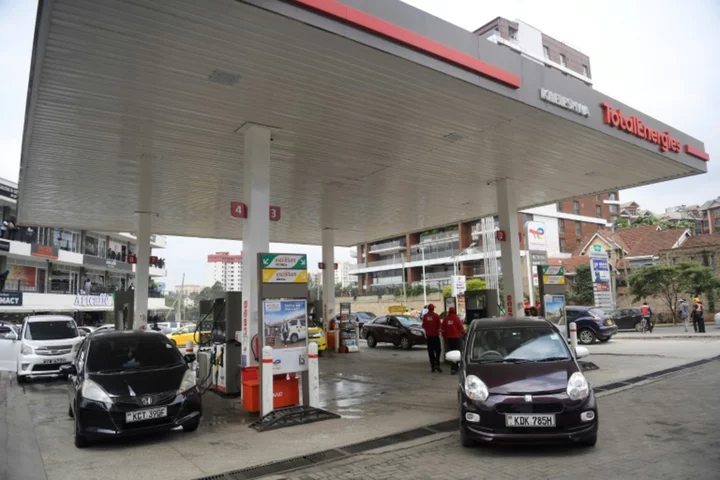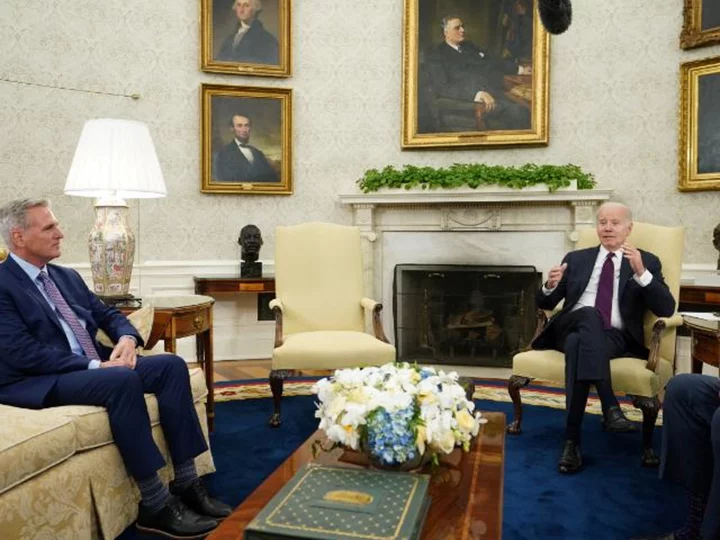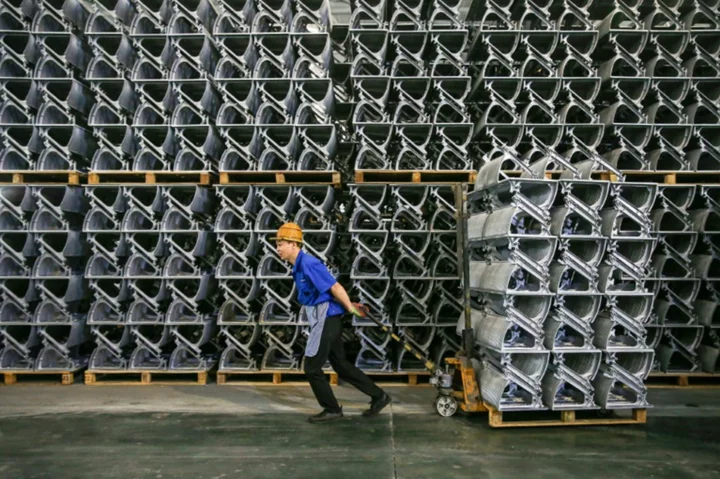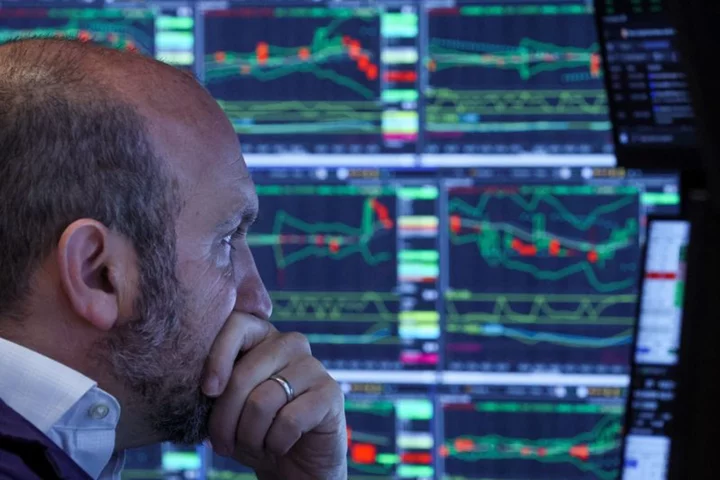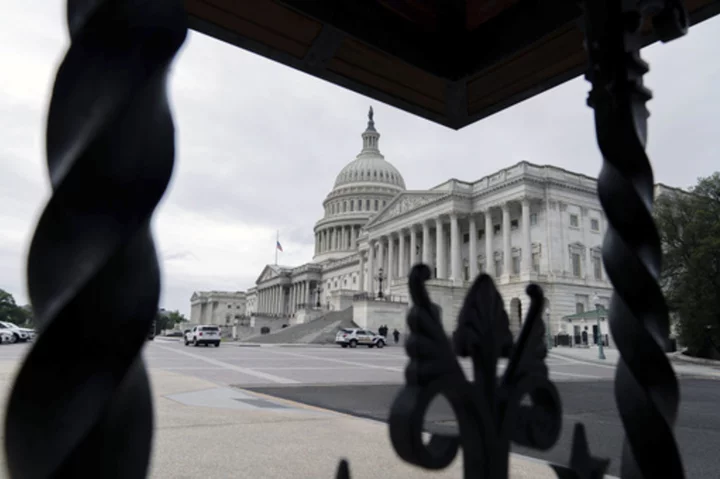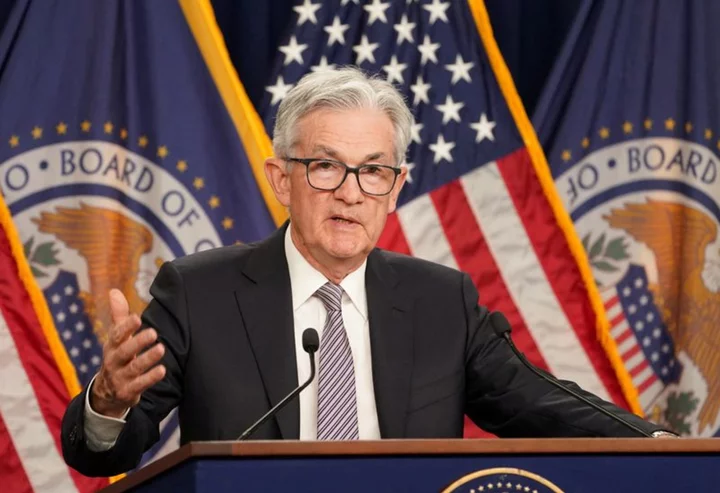The cost of fuel in Kenya hit a record high on Friday after the energy regulator revised pump prices, adding to the economic hardship facing millions of people.
The announcement by the Energy and Petroleum Regulatory Authority brings the retail price of a litre of petrol to an unprecedented level of more than 200 Kenyan shillings ($1.36).
Kenyans already face a severe cost of living crisis with rising prices for many staple goods, a raft of new taxes, and a plunging shilling.
Under the price regime that took effect Friday and will remain in force until October 14, a litre of petrol in the capital Nairobi has risen by almost 17 shillings to 211.64 shillings ($1.44), while diesel will cost 200.99 shillings and kerosene 202.61.
Energy Minister Davis Chirchir blamed in part the cut in oil output earlier this month by major producers Saudi Arabia and Russia that has sent global crude prices soaring to 10-month highs.
"There's nothing much we can do... certainly the pain is heavy, it's not going to be easy," he told parliament's energy committee.
Pump prices have been on the rise with the removal of subsidies in line with demands by the International Monetary Fund and the doubling of VAT on fuel products in a deeply unpopular Finance Act that was signed into law in June.
The legislation provides for many new and increased taxes which the government says are needed to help improve public finances and ease the national debt burden.
A Nairobi court is due to rule in November on a legal challenge to the Finance Act by a number of petitioners who say it is unconstitutional.
Media reports say the government is considering further tax hikes, including raising VAT and duties targeting farmers and car owners among others, according to a treasury strategy review covering the years up to 2026/27.
Many Kenyans have accused President William Ruto of breaking a string of promises made on the campaign trail for last year's election, when he pledged to improve the lot of ordinary people.
Although inflation in Kenya fell to 6.7 percent in August, over the past year petrol prices have increased 22 percent, electricity nearly 50 percent and household staples such as sugar and beans by 61 percent and 30 percent respectively.
txw/amu/bp

